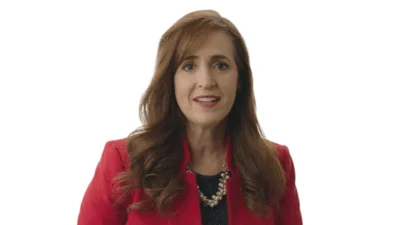Walter “Ted” Carter Jr. President at Ohio State University | Official website
Walter “Ted” Carter Jr. President at Ohio State University | Official website
The Ohio State University College of Food, Agricultural, and Environmental Sciences (CFAES) has joined forces with the City of Columbus to launch a pilot program aimed at reducing food waste in households. This initiative marks Columbus as the first test site for the campaign.
Brian Roe, Fred N. VanBuren Professor of Farm Management in the CFAES Department of Agricultural, Environmental and Development Economics, leads this project. Roe stated, “We’re thrilled to partner with Columbus on this important pilot project,” emphasizing that Columbus's diverse population and commitment to sustainability make it an ideal location for testing food waste reduction strategies.
This campaign is part of a broader $2.5 million USDA-funded effort to test various strategies across three U.S. cities. The outcomes will guide a national campaign to curb food loss and waste nationwide.
The collaboration includes Rutgers University, which will assist in developing educational materials and fostering a community interested in food waste reduction. Roe highlighted that one-third of all food is wasted in the United States, with nearly half occurring at home.
“People are often unaware of how much food they discard," Roe noted. He added that reducing food waste can help households spend less on groceries amid rising food prices.
In the U.S., approximately 80 billion pounds of food end up in municipal landfills annually. According to the EPA, this makes food the largest category of material placed in landfills, contributing significantly to methane emissions—a potent greenhouse gas.
Roe pointed out that reducing community-wide food waste could alleviate landfill pressure and reduce pollution from decomposing food. He suggested that if regions or countries reduced their food waste, it would decrease production demands on the food system and potentially lower prices nationally.
“This, in turn, would ease food insecurity by allowing households who struggle to put food on the table to stretch their budgets further,” he said.
Columbus was chosen for its proactive stance and willingness to engage with such initiatives. Mayor Andrew J. Ginther remarked: “Through our Climate Action Plan, we’re committed to reducing the nearly 1 million pounds of food taken to the landfill each day.”
The campaign will assess existing strategies for reducing household-level waste while identifying best practices for other cities. Community organizations will play a role in ensuring effective communication with residents.
“The ultimate goal is to develop a campaign that reduces food waste and provides real savings for households,” Roe stated. If successful, it could guide similar efforts elsewhere.
Set to begin early 2025, this pilot will employ rigorous evaluation methods measuring different approaches' impacts through collected data from targeted areas versus control groups not receiving campaign materials.
Lessons from Columbus will inform subsequent campaigns planned for mid-2025 and early 2026 in two additional cities. Results shared through Rutgers University's community practice initiative aim at helping municipalities adopt similar measures via outreach resources like webinars.
“Addressing food waste at household levels can have ripple effects across entire systems—lowering costs while easing environmental pressures,” Roe concluded optimistically about potential outcomes inspiring others nationwide.





 Alerts Sign-up
Alerts Sign-up